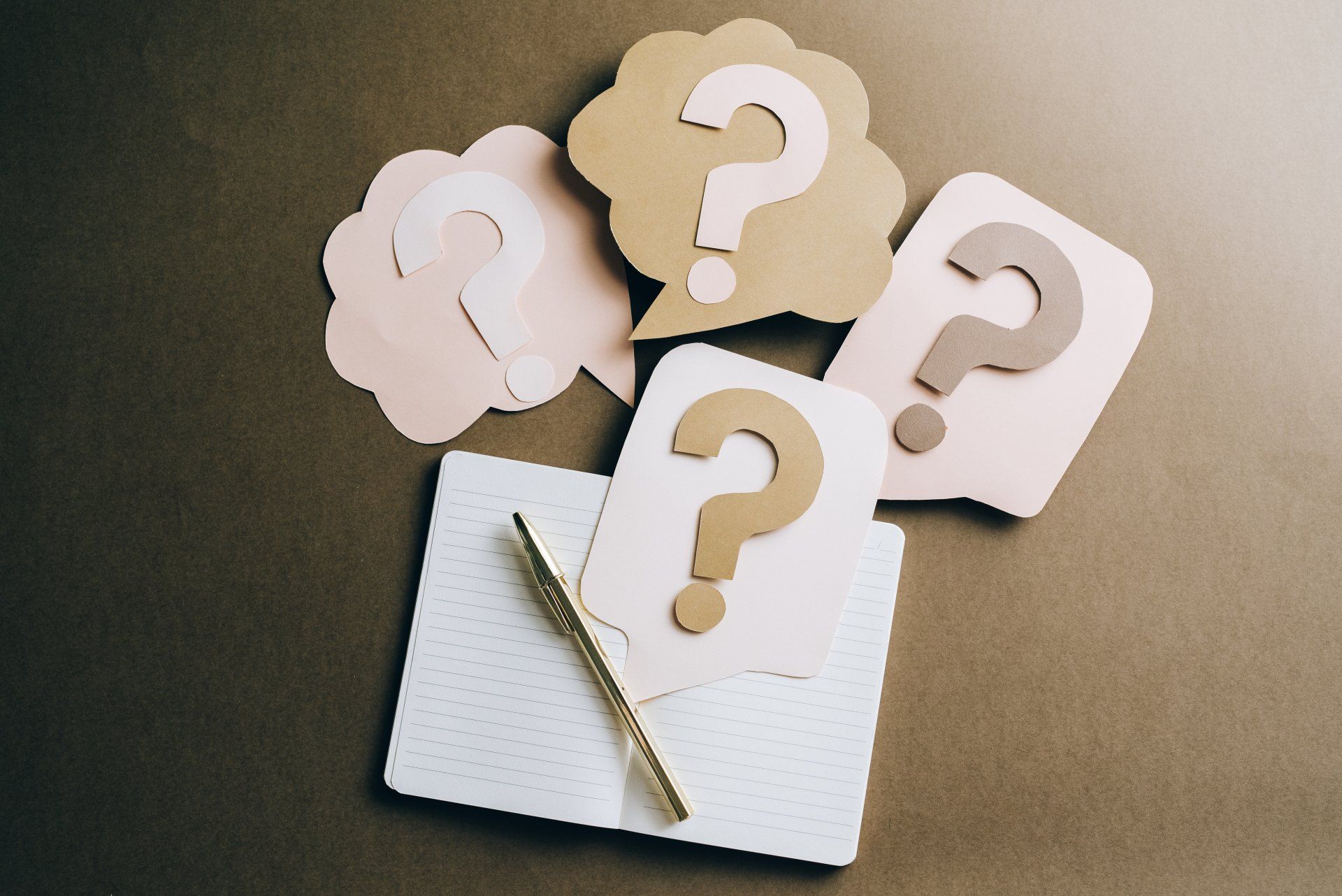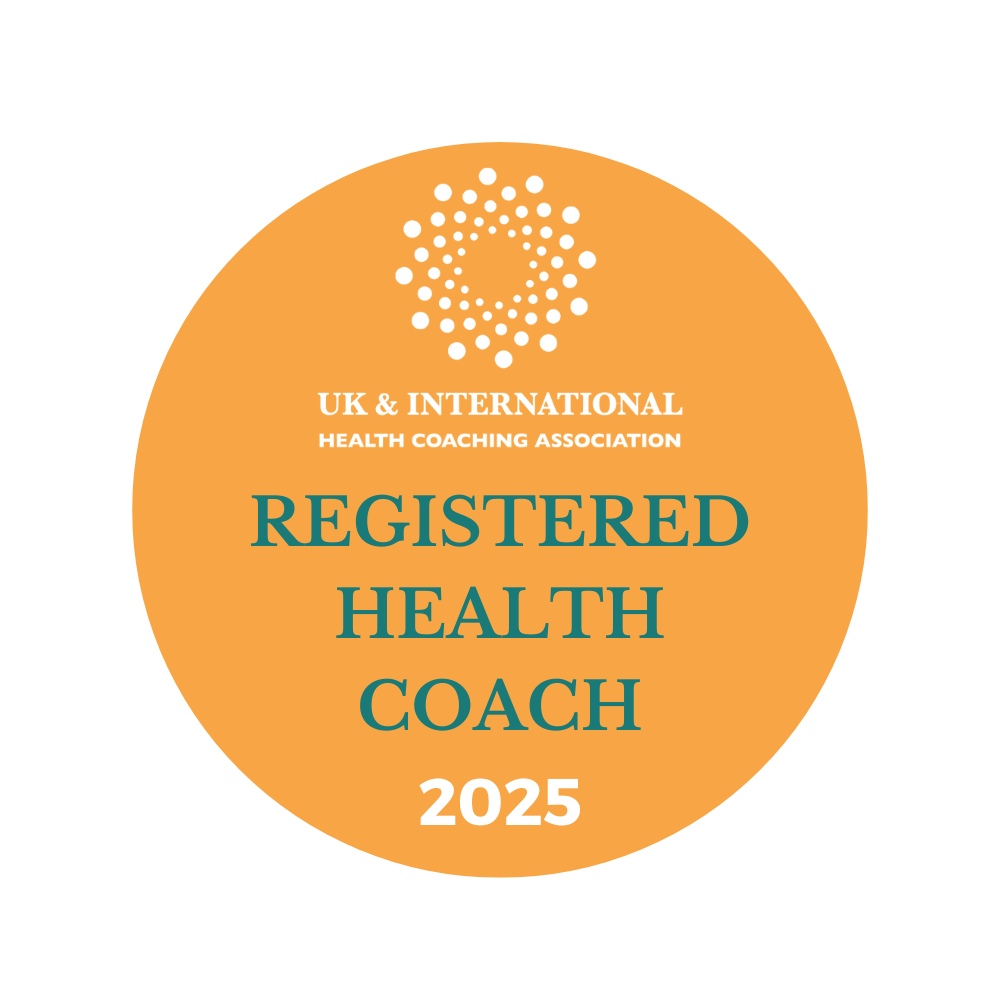Blog
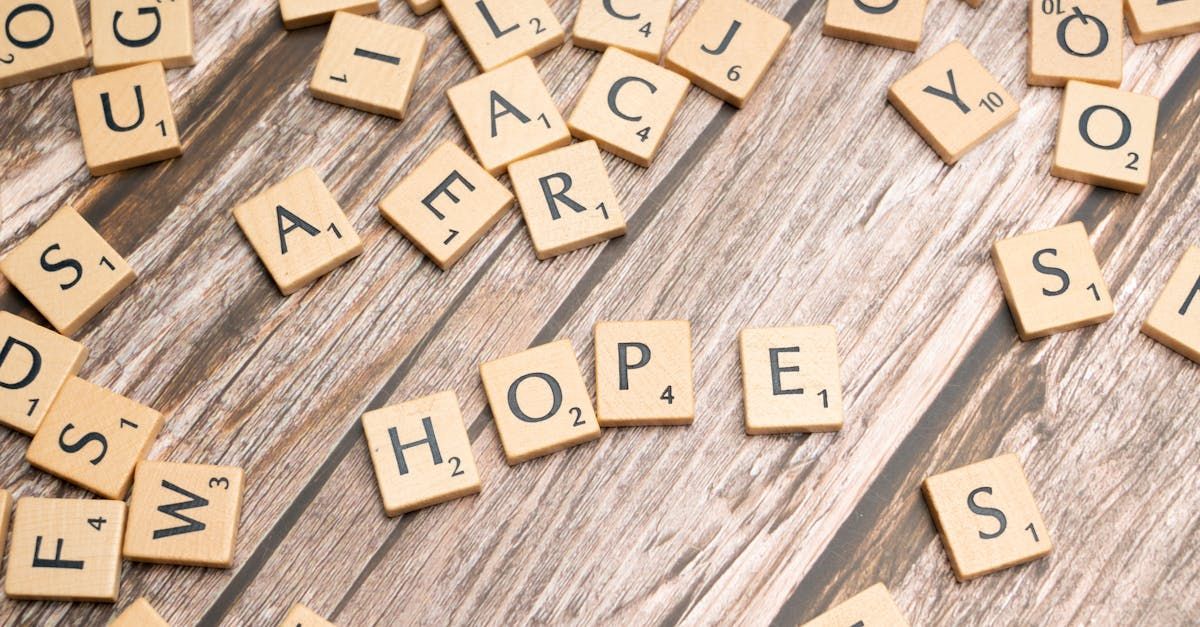
Optimism is really a Thing these days, and there are websites and programmes devoted to promoting it. This is because adopting an optimistic attitude, and behaving in certain ways, really does improve your sense of well-being. One of the best sites I know of is the Australian initiative Project Optimism . They suggest that optimism is 'a belief that things will work out in the end, and if they haven’t, it is not the end.' They identify fourteen habits of optimists that we can learn to adopt, in a free course that takes less than an hour. Here are three of them, Smile Laugh Ask yourself, what makes you optimistic? This third one, 'what makes you optimistic?', is really interesting. It seems that even asking yourself this question raises your level of optimism and thus your well-being! Couldn't we all do with that little bit more optimism? What do you think? I am hoping you are not suffering from O for Overwork, but the way things are these days, you probably are! The pandemic probably made us think about this more clearly. Fundamentally Overwork is bad for us when we do it and also for the people who receive the results of it. We get stressed when we overdo things and then we go into survival mode, where we don't think so clearly, and we easily make mistakes. And depending on the work we do, these mistakes can have enormous consequences - I am sure you can imagine! In emergency situations - as we have seen in the pandemic and in the recent fires and floods around the world, it's unavoidable to experience the intense stress in the moment (our nervous systems are actually set up for exactly this kind of sudden emergency). But it's absolutely necessary to prioritise recovery afterwards, as soon as you can. It's not wimpish to take time out where you need to - it's an essential part of well-being. We can also see this tendency in what's become known as Presenteeism (as opposed to Absenteeism), where people show up for work when really they are too ill or too exhausted, because they fear they will be seen as not pulling their weight, and then lose out on promotion or even the job itself. What about you? Are you overworking right now? If so, what's one thing that you could do, or not do, to improve that?
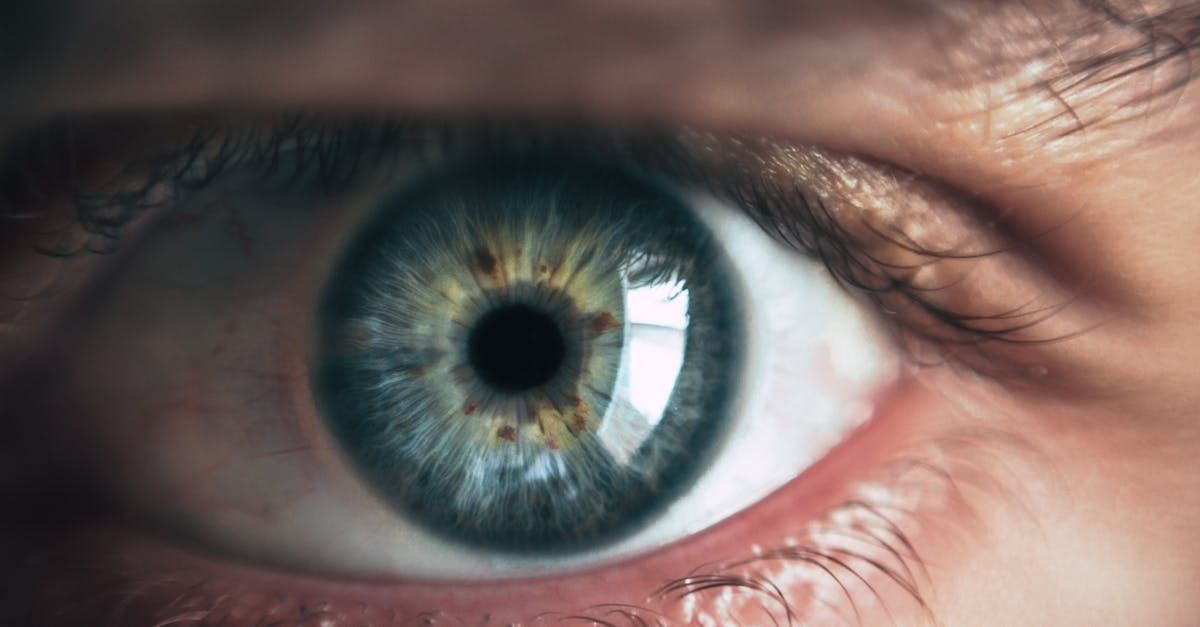
Noticing things is all about attention, and where we choose to put it. This is one of the areas where we do have control in life, along with the responses we decide to make in the situations that face us. We can choose what we attend to. I recall my mother saying to me as a child, when I was off on some reverie, 'Pay attention!' And she was right! We do need to pay careful attention to what's going on. Then we have better information about this reality we're in (whatever that is!) and therefore to make better choices for our actions. Mindfulness comes into this too. Basically mindfulness is the deliberate practice of paying attention, without judgment, to whatever's going on right now. Not what happened before, not what might happen tomorrow, but right now. It's the training of our attention - just as we train our bodies for physical health, so we can train our minds. Why not just sit for five minutes (it will feel a long time if you haven't done this before) and just notice, maybe, one thing you can see, one you can hear, one you can touch, maybe even something you can smell and taste. See how it feels! Here's another N - N for Need. Do I really Need it, or do I just Want it? It's very easy to confuse the two, yet with our new-found powers of attention, we can get used to just sitting with cravings and desires and see what they really are. Do I really Need that yummy-looking doughnut my daughter has left me or do I just Want it? To find out, I didn't eat it straight away. I let the feeling that I would like to eat it wash through me and see what it felt like. Actually after about five minutes I realised I didn't even want it, as I remembered hearing that a lot of what passes for food these days is in fact just 'food-like substances' and I certainly didn't need it. And honestly, I really didn't eat it! Maybe there aren't that many things we really really need, such that if we don't get them we'll die, sooner or later. Air to breathe, water and supportive relationships come immediately to mind - what else, do you think?

You might say that Move and Motivate and aspects of the same thing - getting on and doing something! In terms of physically moving, the human body is designed for movement and it's not good for us when we don't move about. There's a striking story that suggests we evolved as we have, precisely in order to move about and find food. Picture the little sea slug, wafting about in the ocean, looking for a nice little rock to call home. When he does, he attaches himself firmly to the rock and filters food out of the passing currents. Having no further need to move about, he forthwith inwardly digests his brain and spinal cord that got him here, and focusses all his energies on eating! I'm not suggesting we do the same, although there sure are times when it's tempting, but it does point to the links between movement and brain. Movement is essential to our wellbeing and so it's always good to build in that little bit more. It's been said that sitting is the new smoking, such is the effect of inactivity. Here's an entertaining vide o that tells you more. Meanwhile, how could you get just ten more minutes a day of movement? Then once you've got Moving, how can you increase your Motivation? Recently I've been introduced to the work of Carole Gaskell, who works in the area of coaching and neuroscience. She gives lot of practical tips for improving our brain fitness, most of which impinge on general well-being too. I was especially interested in her take on Motivation. What gets you out of bed in the morning? Why do you do what you do? Briefly she suggests there are nine Motivators, the first few being The Defender, who seeks security and stability, The Director, who seeks power and influence and the Creator, who seeks innovation and expression. She asks, which of these is most important to you? And then, which is the least important, and what might an awareness of that teach you? One example was of someone whose least engaging motivator was The Builder, who seeks money and material satisfaction. (Many coaches and therapists feel like this, that somehow they shouldn't be thinking about money.) But when she really investigated her feeling about the Builder, she realised what she could do with a bigger income and stopped it holding her back from being of service to even more people. Money - or more than she thought she should have - was not necessarily incongruent with her values; it depended on what she did with it. It's brilliant work and I'm looking forward to learning more - you can see it yourself here .

Don’t you just love Lego, and all sorts of kids' building blocks that really, we're 'too old' to mess about with these days? Recently I had occasion to visit Copenhagen, and was pleased to find a Lego shop there, full of wonderful colourful possibilities for all kinds of models and creations. You have all these lovely bricks and components in all shapes and sizes and you can make pretty much anything out of them. I’ve seen for example the football stadiums of the UK, Buckingham Palace, the Taj Mahal, dinosaurs – the possibilities seem infinite. And it’s such fun playing about with Lego! I then got to thinking, how might this be a metaphor for coaching? Some forms of coaching can feel a bit like a Lego construction kit; here are the materials, here are the instructions, and now, this is what you do. This is the process, step by step, and if you follow the process, success is assured. Well, it can be like that sometimes. We might just need another perspective on what’s facing us and when we put our thoughts out there and view them from the outside, the way forward often just falls out and it’s obvious what we need to do. And a systematic inquiry into all parts of our concern can be really helpful. So far so good. Yet there is ‘a deeper magic’, to quote C S Lewis, when we start with no preconceptions, no kit, no instructions or model – just an openness and alertness to the person before us. They may simply have a vague sense that something needs to change, but they are not clear on what it is. Careful listening, skilled questioning and the unhurried use of silence can create a space in which real innovation and creativity is possible. And I guess the people who dream up new Lego models might work like this, and say, we need such and such a new part to make this creation work! Coaching is not a one size fits all activity – there are different levels according to the complexity of the issues you start with. And one can lead to the other, back and forth, in an iterative, generative spiral.

Dr Iain has impressive and impeccable credentials; whilst a literary scholar at Oxford University, he wrote a book called ‘Against Criticism’ in which he includes the experience that both I and my husband had when we were taking English Literature ourselves. That is, that the teaching focused on the form, context and structure of the work, rather than on its meaning and on the experience it evoked in the reader. This dissatisfaction eventually led him out of literary studies into medicine and psychiatry, where he became especially interested in the fact that the human brain (and that of most other mammals at least), is divided into two halves; the left hemisphere (LH) and the right hemisphere (RH). He examined this phenomenon in the most overwhelming detail, with hundreds of references to scientific papers, in the book ‘The Master and his Emissary: the divided brain and the making of the Western world’ . Why is the human brain (and that of almost every other creature) divided into two halves? A starting point is how each side pays attention. Imagine you are a little bird pecking for seed on the ground; whilst you need to pay focussed attention to what's going into your beak, you also need another kind of attention, more general and background, to notice the predator who is intent on having you for lunch. The former is the tendency of the LH, the latter that of the RH. He then relates these different kinds of paying attention to the habits of thinking and assumptions by which the West tends to live now, suggesting that we have gone too far over to the LH tendency of reductionism and mechanistic thinking, forgetting the wider, more balanced view of the right. In his more recent, even more dense and enormous book, the one I am recommending, ‘ The Matter with things; our brains, our delusions and the unmaking of the world’ , he takes this work further, providing a detailed analysis of our current psychological, social, political, environmental and spiritual state in the West, based on rigorous scientific research, across neuroscience, psychiatry, philosophy, physics, and spirituality in its widest sense. The LH and RH tend to deploy different kinds of attention; like the birds pecking for seed amongst all the other tiny things it would not want to eat, the LH has focussed, narrow attention. It looks for what is useful; what can be manipulated and controlled. It provides a representation of reality (whatever that is) such that we can survive within it, take it apart to see how it works and create machines of our own. Studies where one hemisphere is temporarily suppressed reveal strange characteristics; if asked a question to which it does not know the answer, the LH will not admit this but make up an explanation, however bizarre it might seem. It is narcissistic, self-centred and self-referential; almost a hall of mirrors. To work properly it needs to co-operate with the RH, which takes experience in directly, intuits the whole, and tolerates ambiguity and paradox. The RH is supposed to be the Master, whilst the LH is the Emissary. But, as in the old story, where the Master sends out his Emissary to the far reaches of his domain to oversee it and report back, the Emissary has forgotten his place and tried to take over. As the Amazon review says, ‘despite its inferior grasp of reality, the left hemisphere is increasingly taking precedence in the modern world, with potentially disastrous consequences.’ Reductionism, materialism and ‘nothing buttery’ The prevailing world view of ‘the West’ in the last few hundred years has tended towards materialism; there is nothing in the universe but inert matter; to see how it works we can take it apart, breaking it into its smallest components and look; there is nothing in the universe beyond matter. Religion is an empty fable and we ourselves are of no enduring significance. We are ‘nothing but’ a few kilos of mostly carbon, water and a few other elements. Love is nothing but the action of hormones on our physical bodies. The Earth is nothing but a lump of rock spinning in an infinite void. I do not believe this. I never did; but being very short of any religious and spiritual guidance in my younger days I didn’t know how to answer in the language of my culture. Now, with this work, I have some idea how. I have read the two latest books linked above; that is, I have exposed my eyes to the print at least once…and I am hugely relieved that someone has done the work that I couldn’t do. A few insights To understand it all, you have to read the book, more times than I have done so far! But here are a few things that stood out for me, and I give the merest amateur outlines, · The sense of the sacred – this is the title of the last chapter in ‘ The Matter with things; our brains, our delusions and the unmaking of the world’ . Bear in mind that this is a scientific and philosophical inquiry, not an overtly ‘spiritual’ book. Dr Iain’s publishers and colleagues begged him not to write such a chapter. You will lose all credibility, they said. You will undermine your scientific credentials and respectability, they said. Happily, he did it anyway, and he reports that it was the most difficult piece of writing he ever did, yet perhaps the most satisfactory. His inquiries lead him to the point that the spiritual traditions have always known, for example ‘by love He can be caught, but by thinking never [1] ’. We are not separate from Nature, but intimately joined to it, in co-creation, always drawn towards what we can intuit but never understand and grasp, ‘something outside our conceptual grasp but nonetheless present to us through intimations that come to us from a whole range of experiences we can “spiritual”’ [2] . The Eastern Orthodox apophatic traditions understands this very well. It is probably a good idea to read this last chapter first, for all its exciting conclusions, and then refer back if you want to know how he arrived at them. · He examines ‘consciousness’. Such a study would fill libraries; the crucial question is, although we can to some extent map the physical properties of the brain, measure neurotransmitters and hormones, describe different kinds of neurones and so on, we cannot get from these observations to an explanation of how this fairly small blob of pinky goo between our ears can result in the rich experience of consciousness, aliveness and sheer awe that we all know. One image I find very telling is this; he compares a TV set to the brain, suggesting that to an observer from another planet, just as you could not tell by looking if the TV set Emitted the programmes, or Transmitted them or Permitted them, so he argues that the brain does not so much Emit consciousness as Permit it. It’s as if consciousness is ‘out there’, a fundamental property of the universe itself. I find this very exciting – especially when said by a scientist. · He goes on to suggest that Values, even Love, are also fundamental; that Truth is ‘not a human invention’. [3] · The title – The Matter with Things – contains a number of puns and paradoxes. When we say, there’s something the matter, we generally mean, there’s something wrong. Dr Iain does mean this; there is a lot wrong with the way we are attending to the world and this is leading to environmental catastrophe. But there is more; he goes into the discussion of what Matter actually is, and concurs, of course, with the physics of the last hundred years or so, that it is largely empty space, and concludes that relationships are more fundamental that what we think of as Things. He quotes a biophysicist Don Mikulecky, ‘”…it isn’t the atoms and molecules that are at the hard core of reality; it is the relations between them and the relations between them and things we call processes which are at the core of the real world [4] .’” This brings to mind for me the perichoresis, the dance, at the heart of the Trinity. · So, we need to see Things differently – not as solid fixed items but processes of different speeds and time scales. Compare a wave on the ocean, which to us appears very quick, with a rolling landscape, that changes like a wave but over far longer, geological timespans. Conclusion Fundamentally, this is a comprehensive rebuttal of reductive materialism written in language that the West itself invented. I have not read the Summa Theologica of St Thomas Aquinas, but I understand that it is a thirteenth century synthesis of all theology, at a time when science and religion had not yet developed the spurious opposition that has been dreamed up in the last few hundred years. Dr Iain’s work seems to me a modern synthesis that can point the way out of a number of terrible dilemmas and impoverished ways of being that our civilisation has fallen into. It’s a challenging read but I think it’s of crucial importance. I end with his own words, from his equally comprehensive website , …I search out what it is we have lost sight of, all that is there for us to see, if only we were not blinded to it: an inexhaustibly, truly wondrous, creative, living universe, not a meaningless, moribund mechanism. By bringing to bear up-to-the-minute neuropsychology, physics and philosophy, I show not only that these are in no way in conflict with one another, but that they all lead us, time and again, to the same insights. And that this is not in opposition to, but rather corroborates, the wisdom of the great spiritual traditions across the world. All this converges on a vision that is necessary if we are to survive; and, even more importantly, if we are to deserve to survive. What I hope for my readers is that, if they are willing to accompany me on this adventure, they will never see the world in quite the same way again. [1] ‘The Cloud of Unknowing’ [2] P 1846 [3] P1729 [4] P1541
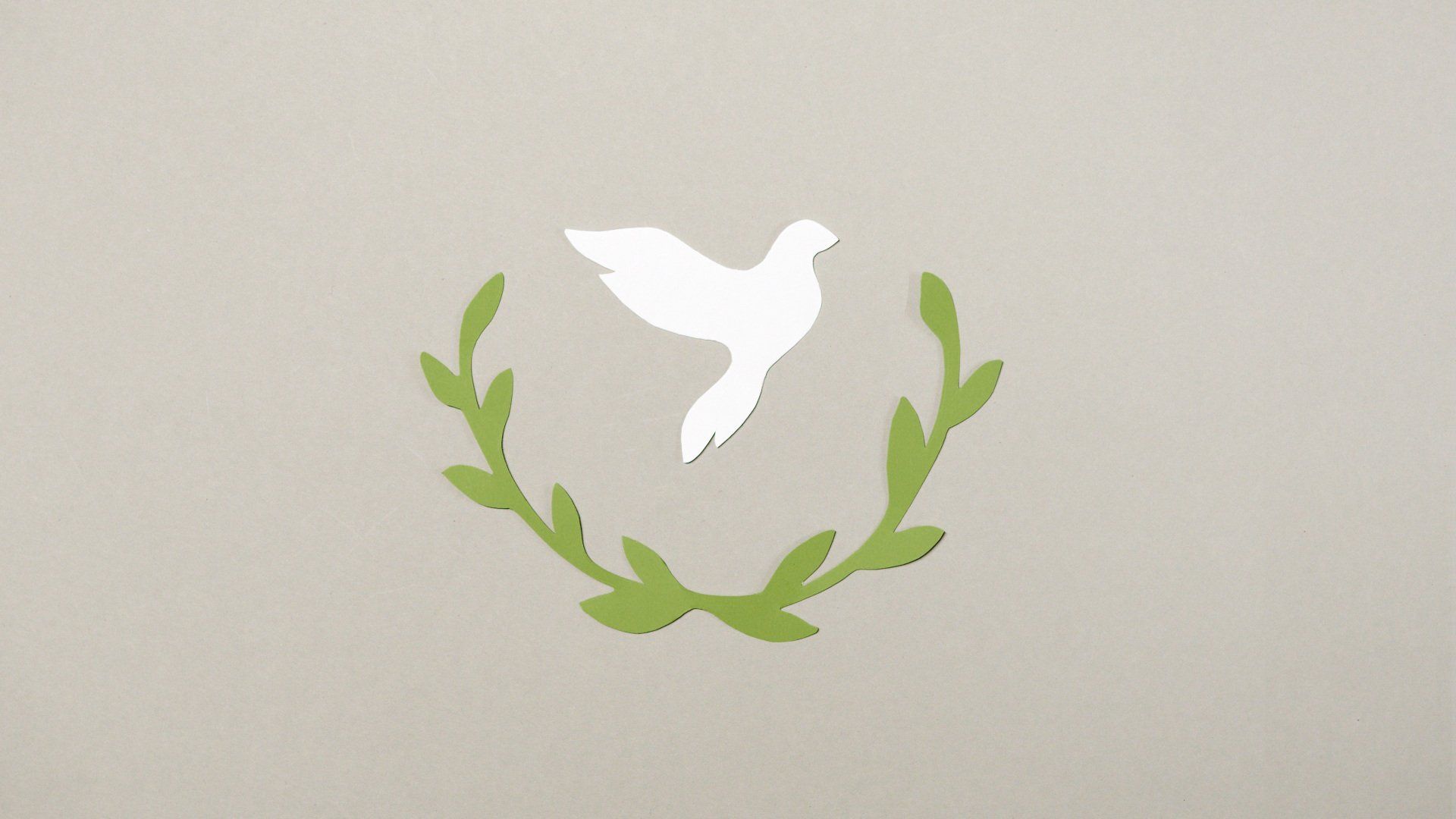
L for Love In English we have only one word for this; but in Greek there were at least four. So when we use the word in English we are thinking about several different things. Would you agree that these are different sorts of loves? I love cats I love doing jigsaws I love my children I love my spouse I love God I love Star Trek Greek had all this sorted out centuries ago. There are at least four words for our one word of Love, Storge Philia Eros Agape C S Lewis, in his wonderful book 'The Four Loves', describes them in detail; in brief, Storge is the love we have towards familiar people, and perhaps best understood as Affection. It's not intense but comfortable, like an old pair of slippers. Philia is the love we feel for our friends, that we have chosen, and this can be very deep. Next up is Eros, often thought of only as sexual or romantic love, but can also be seen as the urge to life itself, striving to grow and develop; then, greatest of all, Agape or unconditional, love that 'looks on tempests and is never shaken...Love alters not with [Time's] brief hours and weeks, But bears it out even to the edge of doom...'(Shakespeare Sonnet 116). Why does all this matter? Because it seems to me, and even to many management theorists these days, that the most important aspect of life is how well we have loved. Our relationships, at whatever level, can be our greatest joy or our greatest stumbling block. This matters at work as well - after all we do spend a lot of time there. What do you think? Then we have L for Letting Go... This partly relates to what I've said previously about Forgiveness; and it's useful in other contexts too. In the pandemic we faced loss, uncertainty, anxiety, vulnerability and a lack of control. When we really think about it perhaps we see that in fact we do not have very much control at all about what happens in our lives. Sudden illness strikes. Terrorist attack. Cars crash. And everything changes in an instant. At such times we see that our illusion of control is just that, an illusion, although a 'very persistent one'. It's tempting and even normal to grieve for what we had, say Before Covid, but sooner or later we have to 'let go' into the new situation so that we are open to that, and to what it may bring us. I'm realising this myself these days, not so much because of Covid, but because of a serious family illness that we are now living with, up close, every day. I keep in mind what Viktor Frankl famously said; everything can be taken from a person except their freedom to choose their response. What would be a good choice for you today?

K for Knowledge - There's a whole science and philosophy of what knowledge really is, how we know we've got it, how reliable it is and what kinds of knowledge there are. It's a huge subject to cover properly and I would need a lifetime to do that. So I'm just going to make a couple of points that I hope will be helpful to you in your life and work. First, it seems there are different kinds of knowledge. There's factual, mostly scientific knowledge where scientists agree that, for example, there are ten planets in our solar system, the human body is mostly made of water and the coronavirus vaccination does not enable Bill Gates to control you from a distance. This kind of knowledge is reliable (until science finds something better and more accurate, and then they report it). 'Alternative' facts, on the other hand, are simply not true. Much of what goes around on social media is in this category and is best ignored. There are other kinds of knowledge too. For example, how do you know if you love someone? I don't suppose you make a list of things that suggest you do, and things that suggest you don't? Rather, isn't this something you just know, in your heart? English has only one word for these two different sorts of knowing, and maybe other languages do it better. So we've got at least factual knowledge and heart knowledge. What might go wrong if we were to mix them up, do you think? Then we have Knitting. I sort of retired a couple of years ago - that is, I don't now do salaried work, only coaching for private clients, which I like doing. So when I retired, I said to my friends, I'm not just going to sit around knitting, you know! But then I thought about it and I realise that actually, knitting is very good for you! It can be very restful in that it's something to do with your hands (so we are less likely to smoke or eat!); if you are any good at it you might get at least a scarf out of it; and knitting patterns certainly make your brain work. There's more! Can you believe that's there's a whole 'thing' about knitting anatomically correct models of the brain, neurons and so on? This link tells you more. You can even download a whole book of knitting patterns to make crafty models. Apparently people get together to have neural knit-ins - anybody fancy that? So actually, yes, I do sit around knitting, at least for part of the time!

A little while back I said a bit about Happiness, and I think Joy could be part of that. Even when there is difficulty, as we all know all too well in these times, moments of Joy are possible if we look for them. Sometimes, as C.S.Lewis recounts in his autobiography, ‘ Surprised by Joy ’ it can find you. Joy is kin to Gratitude, Hope, Mindfulness and more, and it’s good to remember such moments. This morning I felt OverJoyed to hear of a young couple’s new twins arriving safely, bringing new life and hope. And the flowers bursting through every possible crack in the rock garden I’m looking at just now. In what small thing can you too find Joy, here, now? And hold the memory?

There’s a lot of this about, especially at the moment. Normal life, whatever that ever was, has been dramatically interrupted these days for a whole host of reasons, and we all get things in daily life that hold us up. For example I’ve been without my laptop for nearly two weeks while it’s being repaired and I can’t believe how much I can’t get at and do. Then there are the people who say, Can you just...and you still don’t get stuff done! But there is a deeper sort of interruption that I’m thinking about today - the sort that goes on in so many conversations, where we are dying to say our bit if only the other person would stop talking! Finally we can’t stand it and we leap in with ‘But...’ This of course is not nice for the person being interrupted. In fact it’s worse than that - it stifles their thought. If we all decided that for just one day, we would not interrupt, not speaking until we are sure the other person has finished, I am sure that peace would abound! Coaches don’t do interruption. We give a space where you can do your thinking and we won’t be afraid to leave enough silence for you to do it. This is so important that Nancy Kline wrote a whole book on it.

